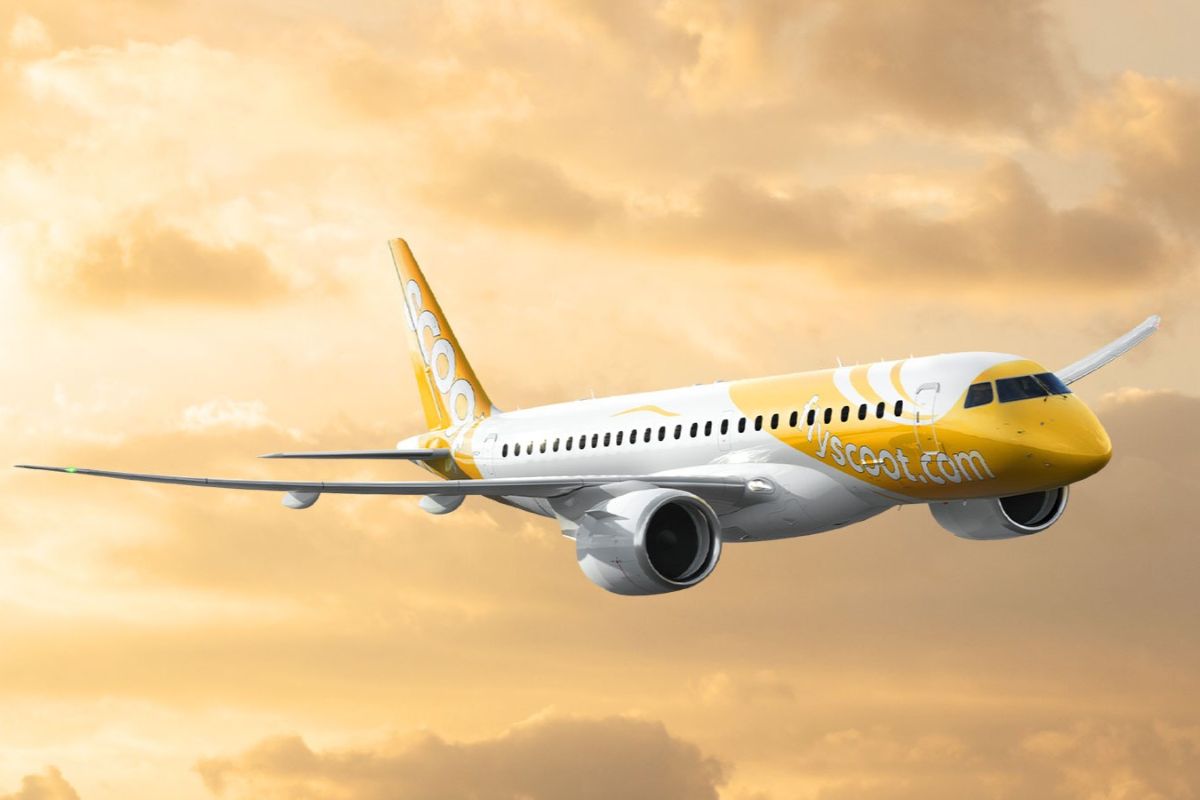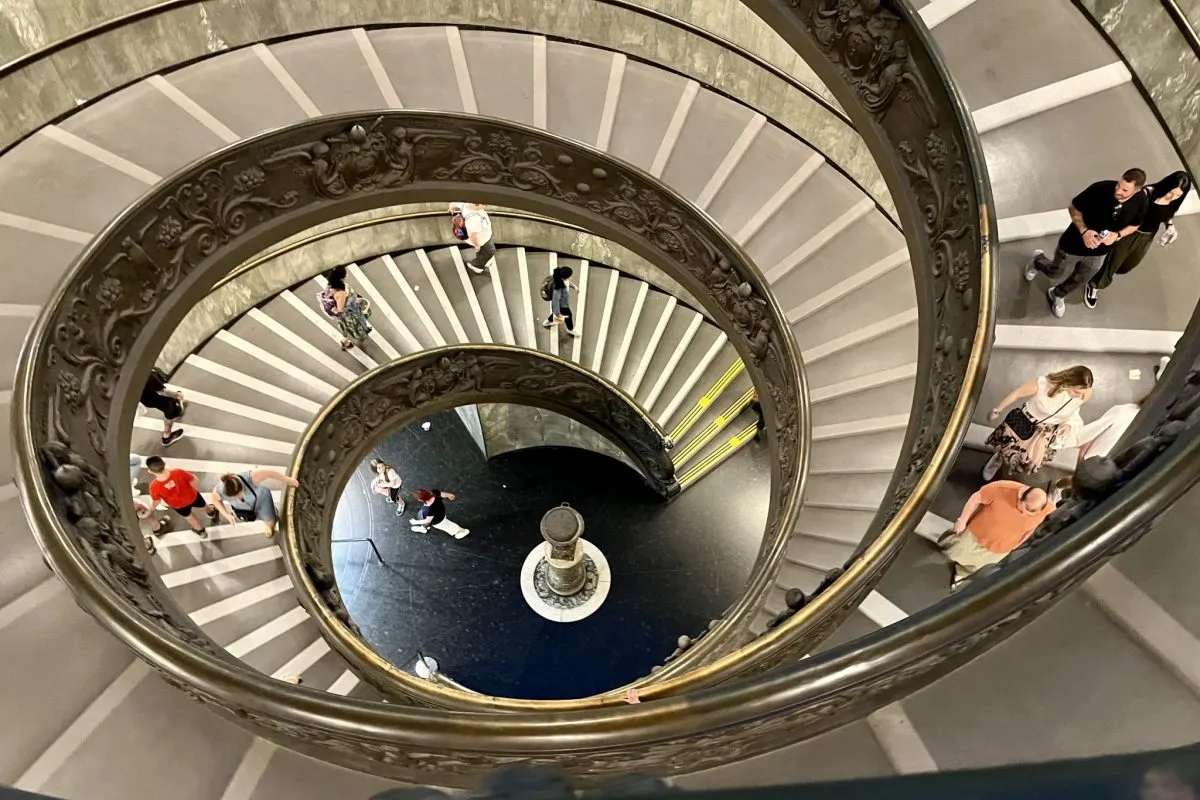Australia creates first human brochure to attract visitors to its little known capital city
Skift Take
ACT tourism authorities will try to use viral marketing in a new $1 million campaign to promote Canberra, offering 500 people a free holiday in return for spruiking the city through social media.
Australian Capital Tourism's ''human brochure'' campaign, which began yesterday, is trying to collect ''first-hand accounts of our nation's capital''. It is looking for people who are active on social media, and will give them - and a friend or their family - a free weekend in Canberra.




